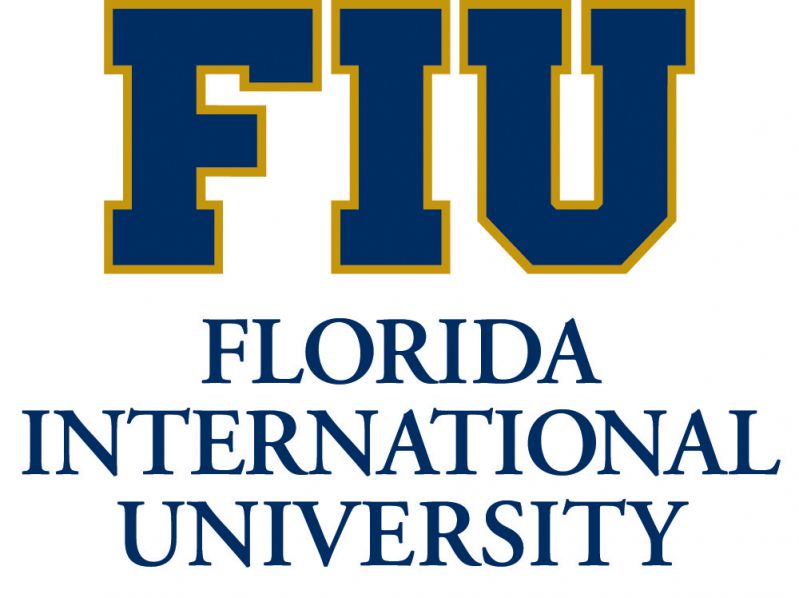FIU and Italian University Partner to Tackle Water Problems
Published on by Water Network Research, Official research team of The Water Network in Academic
FIU and the Universita per Stranieri di Perugia in Italy are formalizing collaborative efforts to address global water and environmental challenges.


The two universities signed a memorandum of understanding to explore the possibility of developing academic, scientific and cultural programs. This includes offering undergraduate and graduate courses, encouraging pursuit of doctoral degrees, establishing student and faculty exchanges, launching professional development programs and identifying funding opportunities. Both universities have long-standing traditions in water and environmental research, outreach and policy.
“As one of the top research universities in the country, FIU leads in water, health and environmental projects,” said Kenneth G. Furton, provost and executive vice president at FIU. “This partnership allows us to further engage with local and global communities and serve as a leading solutions center.”
The Universita per Stranieri di Perugia is home to the Water Resource Research and Documentation Center dedicated to advancing research, training and scientific communication in the fields of water, environment and disaster risk management. The university also hosts the UNESCO Chairs Programme in Water Resources Management and Culture, which allows higher education and research institutions to pool their resources, address pressing challenges and contribute to community development.
FIU is home to the Institute of Water and Environment, dedicated to addressing global water issues and broader challenges impacting the environment. The institute brings together some of FIU’s top interdisciplinary centers and programs, including the Center for Aquatic Chemistry and Environment, Marine Education and Research Initiative, Southeast Environmental Research Center, Sea Level Solutions Center and international water programs.
Read more: FIU
Media
Taxonomy
- Water Access
- Research
- Integrated Water Management
- Water Management
- Educational Institutions
- Academies
1 Comment
-
Birth of a biotechnology outside the fields of application of medical research or Agronomy
Every domestic-wastewater treatment systems are based on the principle of effluent filtration which results in the production of sludge. The filtration can not do otherwise than transform the fecal matter, and any other organic material, into mud. France generates more than 25,000 tons of sewage sludge for a global production of 45 million tons per year.
The problem in this way is twofold.
- On the one hand, the production of sewage sludge obliges the installation of successive palliative treatments, which are equally expensive and ineffective, since each palliative treatment generates residues. The collection of wastewater in a wastewater treatment plant produces effluents of high biochemical toxicity, to which must be added the chemical industrial micro-pollutants.
- On the other hand the mud, whatever its origin, is a non-recyclable product that nature does not assimilate. It ends up in the bottom of the surface water in the form of a muddy vase. Its destruction by the various unicellular organisms, worms, gastropod molluscs which colonize it is evaluated in time / year. It's an environment in a permanent state of putrefaction under the action of a strong methanization which evaporates in the atmosphere, adding to the atmospheric pollution.Lyseconcept Society, with its concept of Biological Sanitation active 14 to 16 biological parameters within its process "Lyseconcept Biological Pit".
Result: Favorable conditions that promote the complete destruction of fecal matter through the biodegradation of beneficial bacteria that have no effect on diffuse urinary pollution.
The residual water, discharged from the recyclable device, is immediately dispersed on a vegetated outlet that completes the work of cleaning the wastewater by purifying the receiving environment of urinary pollution.
This water used to water the vegetalized biodiversity saves money on this rare resource: potable water. Having no more wastewater discharged into the ground, the phreatic zones are no longer polluted.
The process “Pit Biological” Lyseconcept preserves a rare resource: water.Good reception
Cordially
Jean Marius D'Alexandris
Telephones.
mobile: + 33 (0) 6.03.65.87.26
Fix phon: + 33 (0) 494.423.190courriel: lyseconcept@gmail.com
Site web:www.lyseconcept.frhttp://www.viadeo.com/profile/0021xx48rdprt8er,
https://www.linkedin.com/profile/view?id=76857248&trk=nav_responsive_tab_profile,
http://www.interet-general.info/spip.php?article19572
Scientific communication
- The organic matter by Lyseconcept
- The anaerobic does not exist on Earth, the anaerobic cannot exist on our planet
- Scientific certification in general condition of usual operation of a habitat
Member of the order of the International Experts
Invention
- Biological remediation of wastewater
- Process 'Ditch biological' lyseconcept
- A biotechnology of excrement treatment plant
"Let's protect today what we have been given yesterday to better restore it tomorrow. »